

This comprehensive guide explores everything you need to know about M12 bolts, from understanding their specifications and applications to selecting the right type for your project. We'll cover different materials, thread types, and head styles to ensure you make informed decisions. Learn about common uses, potential pitfalls, and best practices for installation.
The M12 in M12 bolt refers to the nominal diameter of the bolt, which is 12 millimeters. This is a crucial specification for selecting the correct bolt for your application. A mismatch can lead to structural failure or damage to the materials being joined.
Besides the diameter, other important specifications for an M12 bolt include:
The market offers a wide variety of M12 bolts. Choosing the right type is essential for the success of any project. Understanding the nuances of each type will improve the reliability and longevity of your work.
The most common type is the standard metric M12 bolt. These bolts are widely used in various industries due to their availability and versatility. They conform to international standards and can be paired with standard nuts and washers.
For applications requiring corrosion resistance, stainless steel M12 bolts are a superior option. They are ideal for outdoor projects or environments with high humidity. However, stainless steel bolts can be more expensive than standard steel bolts.
Where high strength is required, high-tensile M12 bolts are the preferred choice. These bolts are designed to withstand significant stress and are crucial in structural applications. They often have markings to indicate their higher tensile strength.
Selecting the correct M12 bolt involves careful consideration of several factors. The wrong bolt can lead to project failure, so due diligence is essential.
| Factor | Considerations |
|---|---|
| Material | Steel, Stainless Steel, Brass – consider corrosion resistance and strength requirements. |
| Grade | Select a grade appropriate for the load and application. Higher grade = higher strength. |
| Thread Pitch | 1.25mm or 1.75mm – ensure compatibility with the nut. |
| Length | Sufficient length for secure grip and engagement, avoiding over-extension. |
| Head Style | Hexagonal, Countersunk, Button Head, Flanged – based on application and accessibility. |
For a wide selection of high-quality M12 bolts and other fasteners, explore the extensive inventory at Hebei Muyi Import&Export Trading Co.,Ltd. They offer a comprehensive range of products to meet diverse project needs.
Remember, always consult relevant engineering standards and safety guidelines when working with fasteners. Improper selection or installation can result in serious consequences.
Disclaimer: This information is for general guidance only and should not be considered professional engineering advice. Always consult with qualified professionals for specific project requirements.


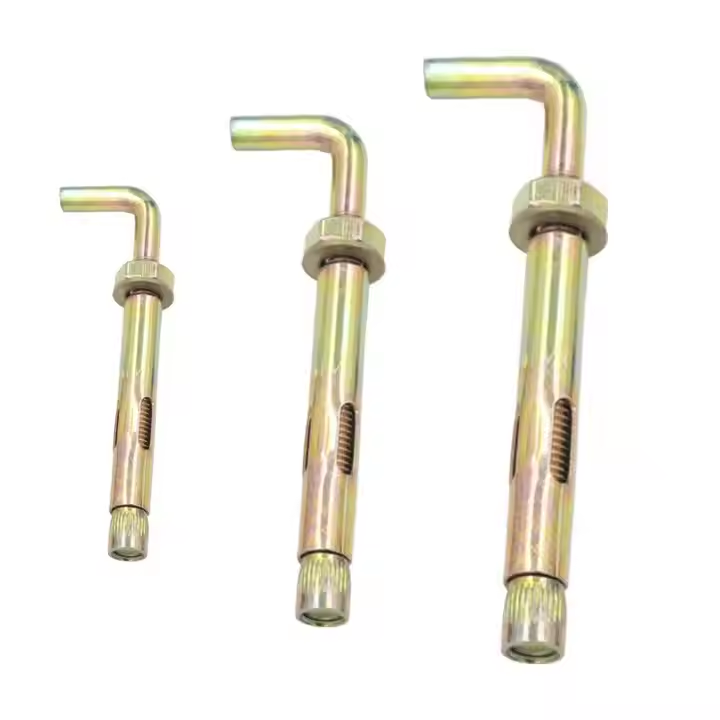

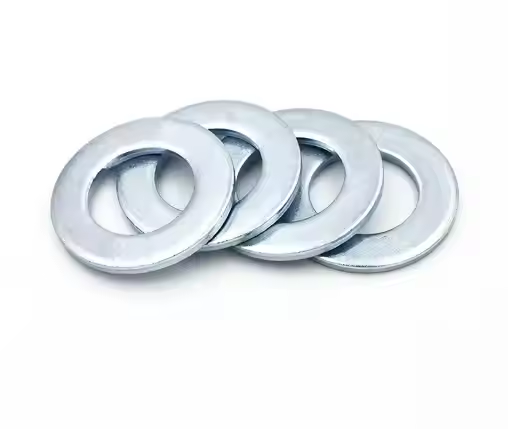
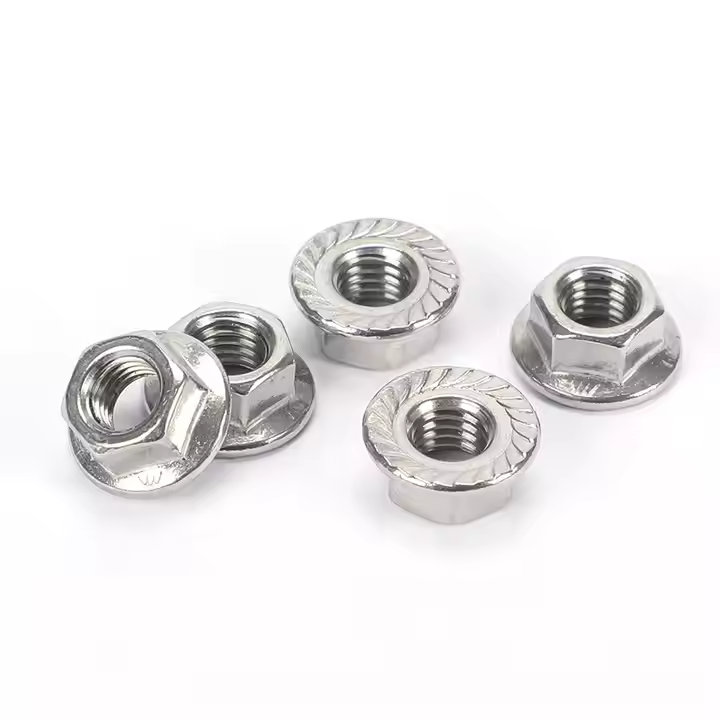


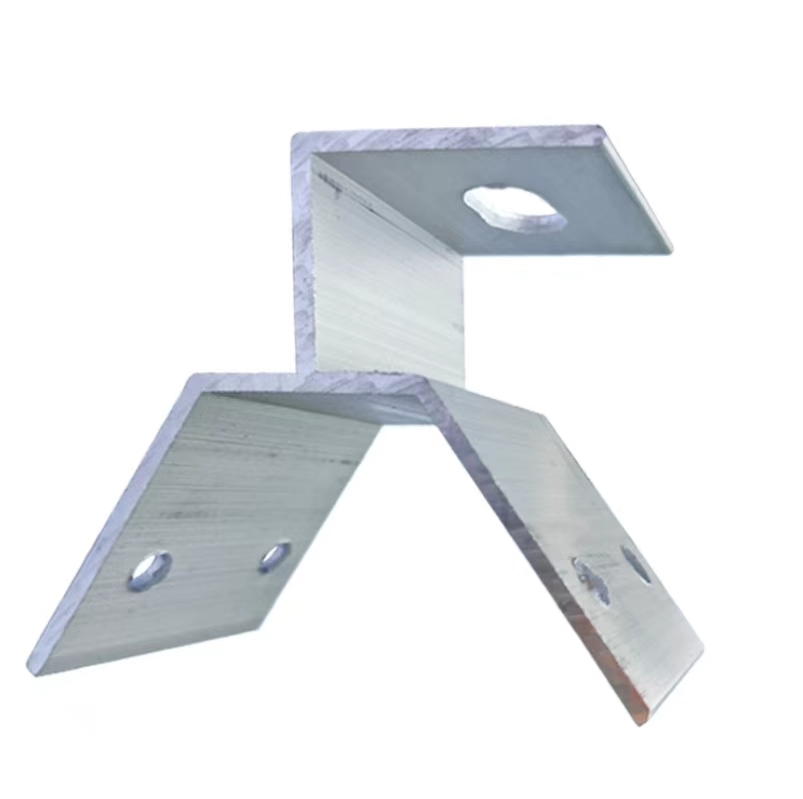
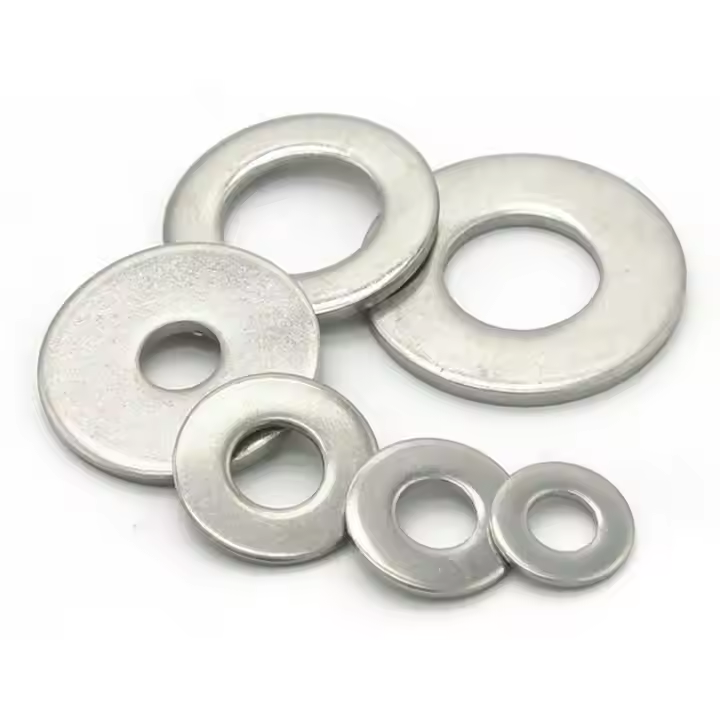

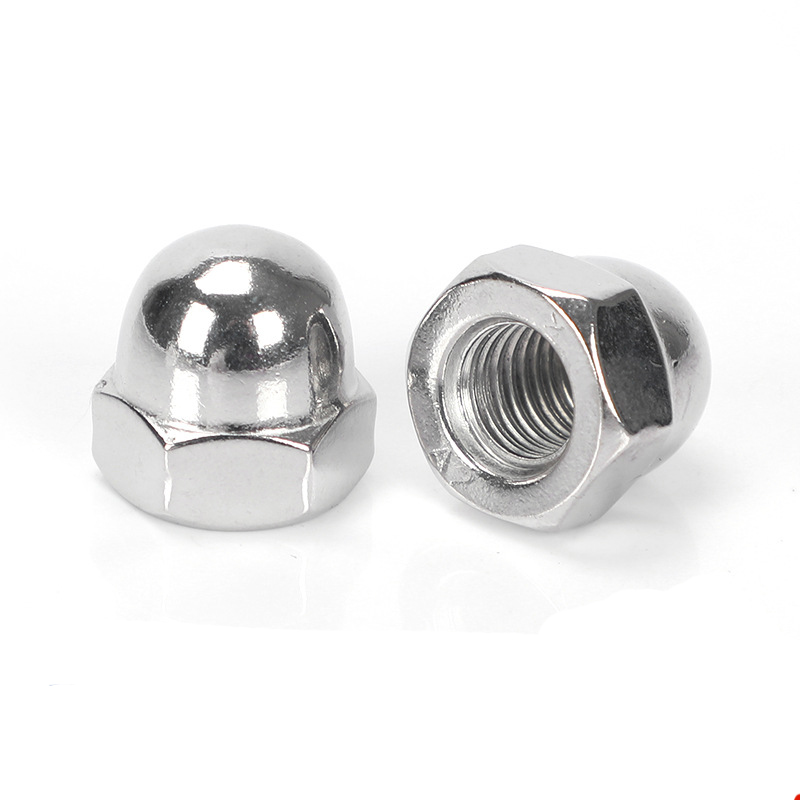

Please enter your email address and we will reply to your email.